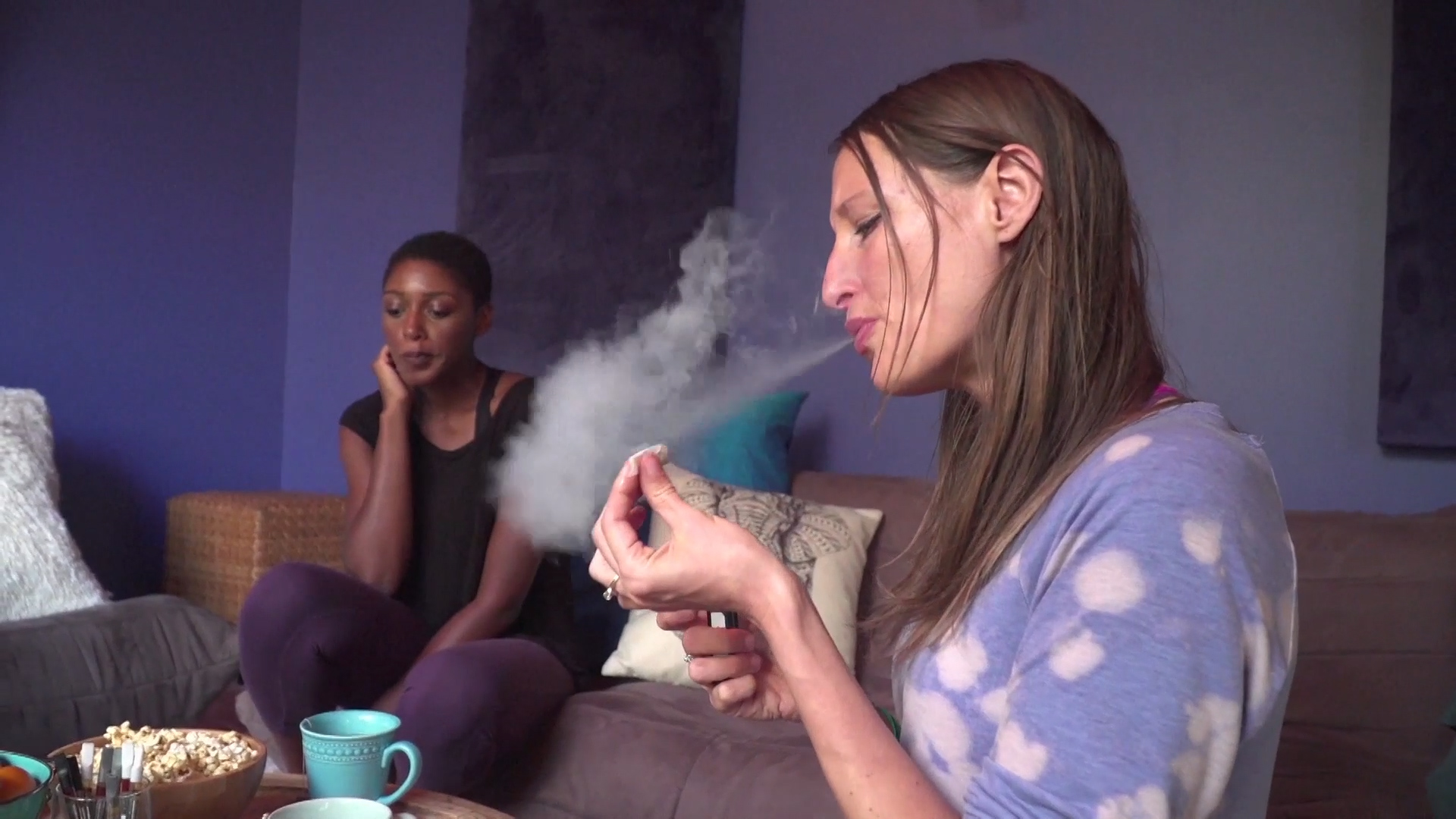Why You Can't Smoke Weed in States Where It's Legal

By:
It’s now legal to smoke weed recreationally in eight states and the District of Columbia, but that doesn’t mean you can actually do it without running into trouble.
Lighting up in these jurisdictions might have been legalized, but there’s a gut-punch of a caveat: while recreational users may no longer get paranoid thinking about jail, landlords and bosses are still entitled to evict and fire anyone who gets high.
.jpg?auto=format&crop=faces&fit=crop&q=60&w=736&ixlib=js-1.1.0) AP/Ed Andrieski - apimages.com
AP/Ed Andrieski - apimages.com
In Los Angeles County, for example, landlords “may forbid the possession or use of marijuana on their property,” according to the local Department of Public Health, a prohibition that applies to medical users too. Edibles and scent-less vaporizers are the enthusiast’s workaround, but they’re imperfect: use them and THC will still show up in urine during company administered drug tests.
Ray Marin lost his job at a Bay-area winery after he tested positive for marijuana that he vaped to deal with serious back pain. That was in 2007, when California only had a medical program, but full-on legalization wouldn’t have helped him either: the referendum voters passed in 2016 stressed holds that employers have the continued right “to maintain a drug and alcohol-free workplace.”
That right of employers to discriminate against marijuana users follows the logic of legalization opponents, who often could argue that no one wants their nurse or kid’s bus driver to be high on the job. But drug-testing isn’t about catching those who light up at or just before work: marijuana lingers in the system for weeks, even months, and for the seriously ill—people like Marin, who is allergic to conventional pain killers—zero-tolerance policies that persist in 2017 serve as punishment for their treatment.
Brandon Coats, a quadriplegic man who uses medical marijuana, was fired from Dish Network in Colorado after he tested positive for weed.
Coates thought the state’s medical program would help him, but the state Supreme Court ruled he could still be fired because marijuana is illegal under federal law. And when Coloradans voted to legalize recreational use, they voted for an initiative that likewise protected the employer’s right to fire an employee for indulging their new right.
 attn.com
attn.com
“People think that they have all of these job protections, but they really don’t,” constitutional law professor Adam Winkler told the Orange County Register last year, just after California voters approved a ballot measure legalizing the recreational use and sale of cannabis. “Employment in the United States is at will,” Winkler explained. “That means employers can hire whoever they want, under any conditions they want, with a few exceptions.”
But not everyone has a landlord or a boss.
Property owners don’t need to worry about a nosy apartment manager evicting them over weed, and the wealthy don’t need to worry that their medicine or vice will eliminate their income. Rights have always been afforded primarily to those who can afford them, and the right to light up is no different, which means the lower down the economic line one is—disproportionately people of color, who suffered the most from prohibition too—the more tenuous an endeavor the exercising of any right becomes.
Legalization has provide tremendous new liberties to those who use marijuana for medicine or recreation, but it is insufficient when so much power remains in private hands, deployed at-will, and unilaterally by those who have it. Eviction and unemployment are superior to a prison, but they can also serve as the road to one in a nation that criminalizes extreme poverty. Ending criminal penalties at the federal level might lessen the chances of that happening, but it won’t end it as employers would continue to have an outsized advantage in contract negotiations.
 Comedy Central - cc.com
Comedy Central - cc.com
The solution is not the legalization of getting baked at work, however much that answer may disappoint some readers, but the empowering of laborers. As it is, employers can insist on zero-tolerance drug-testing policies that make little sense, and the employee in an economy with stagnant wages is generally happy to accept that infringement, needing it to pay for the soaring cost of housing, which itself comes with a busybody landlord.
Weed, outside of cases of serious illness, may not seem like the most important workplace issue. It isn’t. But it is an illustration of power in a market-based country. The state can call off the police, but legalization will not be fully realized so long as we empower landlords and employers to potentially wreck a life, at least temporarily, all over pot.
Cautious reformers may have had good reasons for not pushing the issue at the time, but perhaps the near future will call for expanding users’ rights to where they live and work: if it doesn’t affect the neighbors or one’s work, should it really matter?
Even those who abstain from the plant or sneer at their pot-smoking cohabitants should embrace a fight for less meddlesome bosses and landlords. More empowered tenants and workers, and less unaccountable power in private hands, is an unmitigated good, and pot can be an entry point to a broader conversation about why so many rights come with a price tag.
